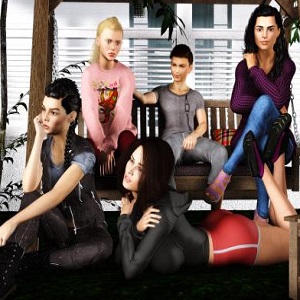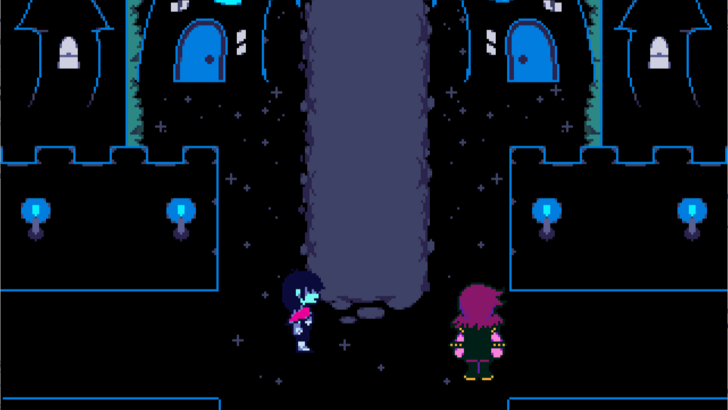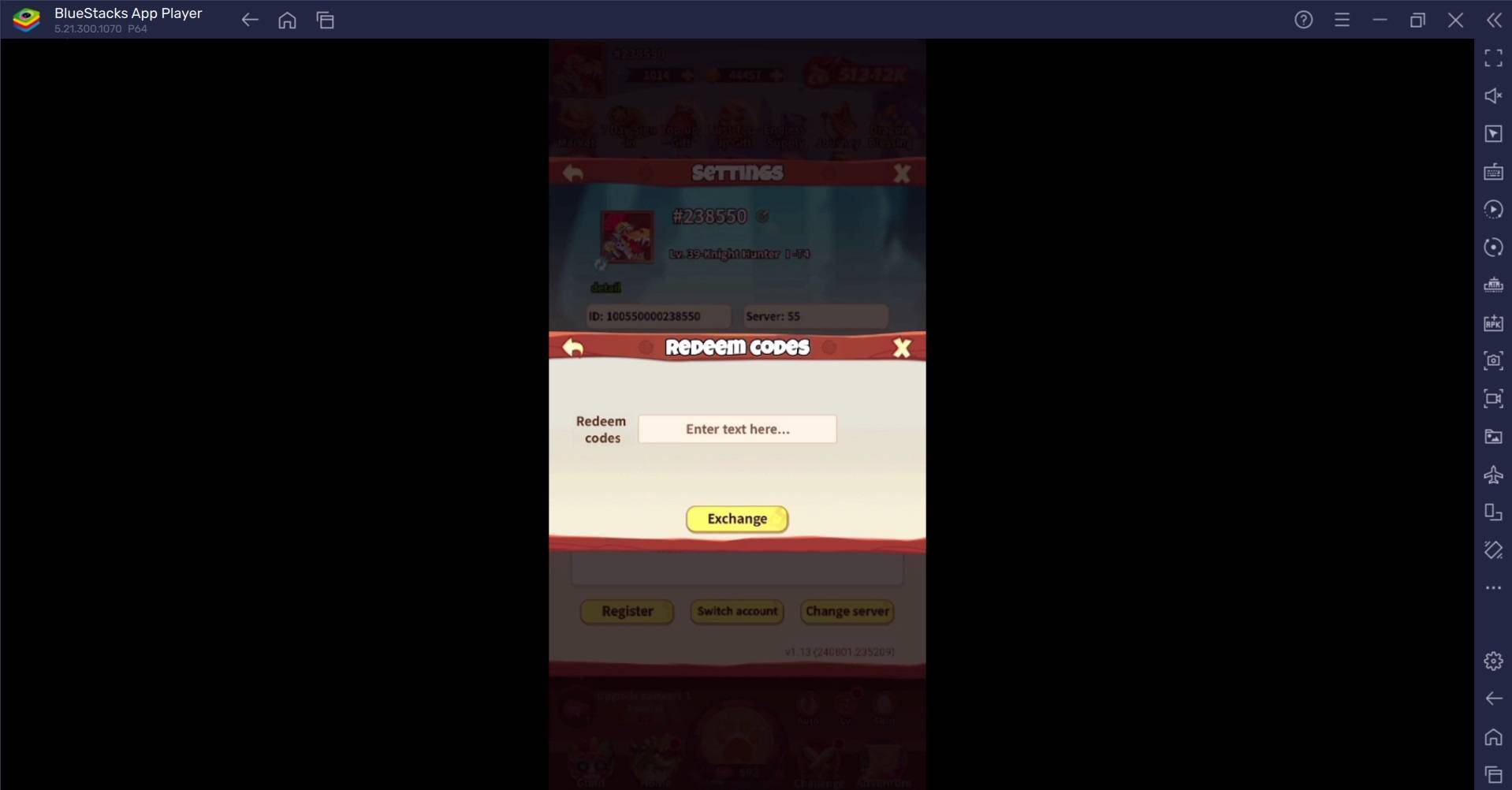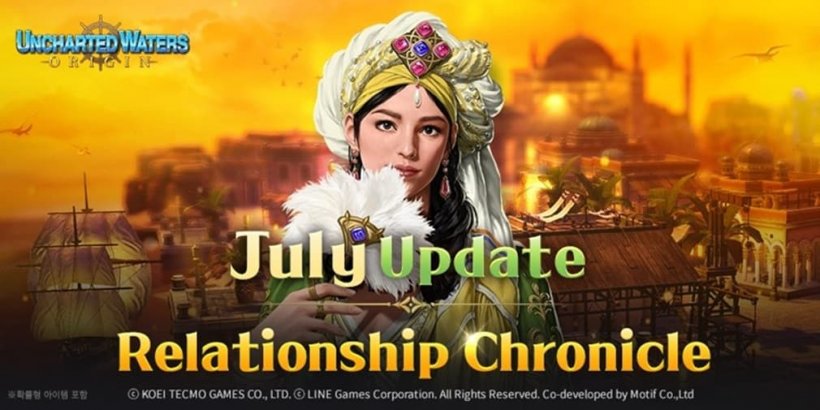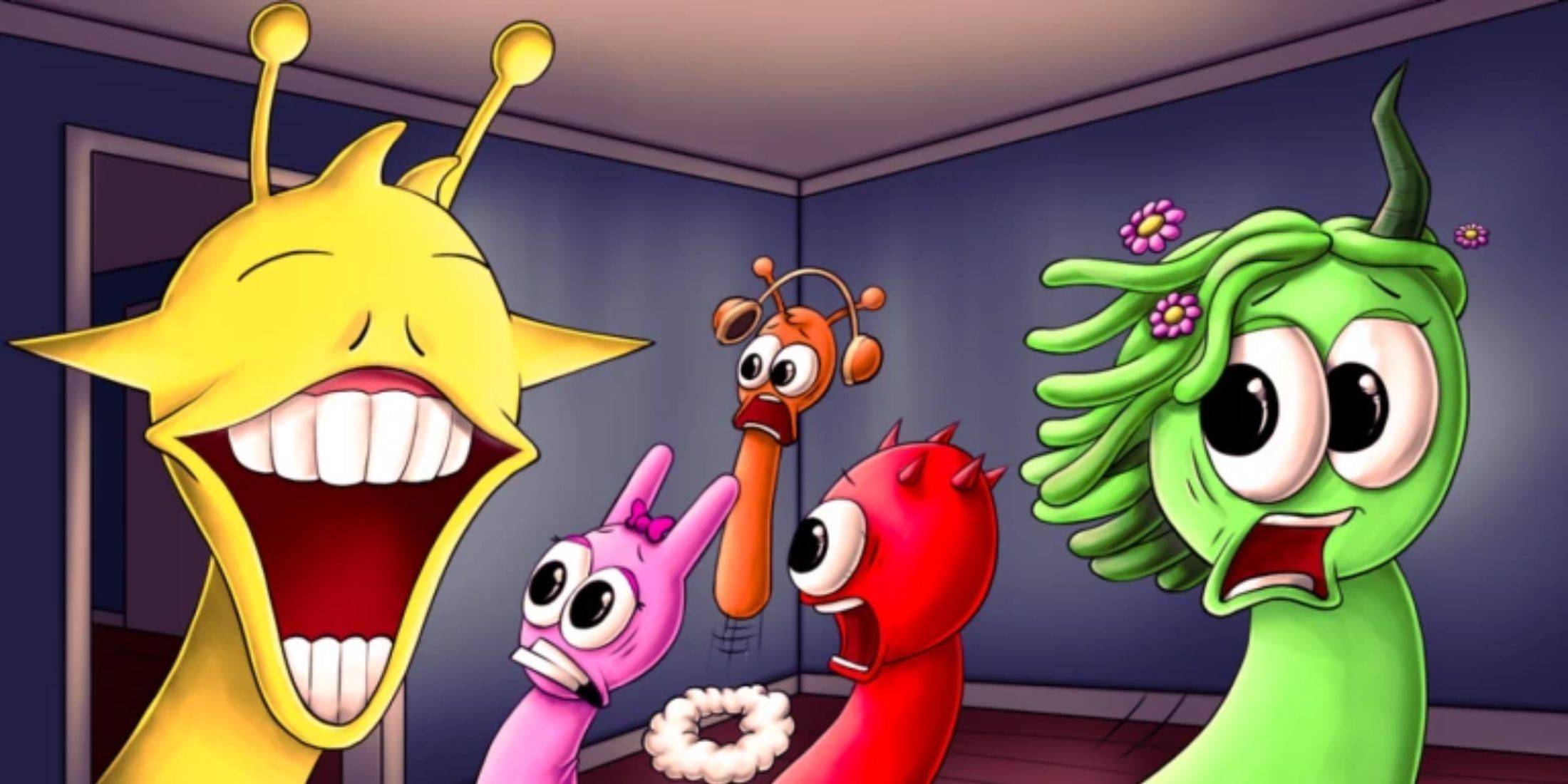Ever since Nintendo officially unveiled the Switch 2, the gaming community's focus has been squarely on the upcoming April Direct. This event is expected to provide the much-anticipated release date, pricing details, and a confirmed list of games for the new console. However, the unexpected arrival of another Nintendo Direct just a week before the April event, featuring major titles like Pokémon Legends Z-A and Metroid Prime 4, caught many by surprise. Yet, considering Nintendo's commitment to backward compatibility, this move shouldn't be too shocking.
Before this week's Nintendo Direct, the company set the stage by clearly stating, "There will be no updates about Nintendo Switch 2 during the presentation." True to their word, the Switch 2 wasn't directly mentioned, except for a reminder about the upcoming April Direct and the introduction of the new Virtual Game Card sharing system. However, it's not a stretch to assume that all the games showcased will be compatible with the Switch 2, even though they are officially slated for the original Switch.
This strategy is a win-win for everyone. Fans of the original Switch still have plenty to look forward to as their console enters its eighth year, while those considering an upgrade to the Switch 2 can rest assured knowing they'll have access to an extensive library of games right from the start.
Nintendo's dedication to backward compatibility is setting the stage for what could be one of the smoothest transitions between console generations we've ever witnessed. While excitement builds around the capabilities of the Switch 2 and its upcoming game lineup, Nintendo's cautious approach with the hardware ensures that all players are covered. The recent Nintendo Direct didn't feel like a push to boost Switch 2 pre-orders or convince people to upgrade immediately. Instead, it showcased an inclusive approach that deserves recognition. Nintendo is essentially welcoming everyone, whether you plan to purchase a Switch 2 at launch, upgrade later, or continue enjoying your current Switch.
This inclusive strategy explains why Nintendo felt comfortable showcasing a variety of Switch games just days before a dedicated Switch 2 Direct. Beneath the surface, they were laying the groundwork for the upcoming transition, including the introduction of the Virtual Game Card system. This feature allows Switch owners to link two consoles and share digital games, a move that's particularly relevant as digital game sales continue to rise. It's reminiscent of Steam's family sharing system. The timing of this announcement, at the end of the Switch's lifecycle and just before the Switch 2's launch, suggests it's designed to facilitate a smoother transition to the new console.
Some have noticed that the fine print for the Virtual Game Card system mentions a "Switch 2 Edition" for certain games. This could imply exclusive enhancements for the Switch 2 that prevent sharing with the original Switch, or perhaps exclusive re-releases that only work on the new console. The details remain unclear, but this aligns with Nintendo's earlier statement that "Certain Nintendo Switch games may not be supported or fully compatible with Switch 2." This fine print likely serves as a safeguard for any games that might not be shareable.
Regardless of what the fine print entails, Nintendo's approach to the Switch 2 transition feels like a well-orchestrated procession, similar to how Apple transitions from one iPhone model to the next. You're not forced to upgrade, but there are clear benefits if you do, and you can bring your existing games along for the journey.



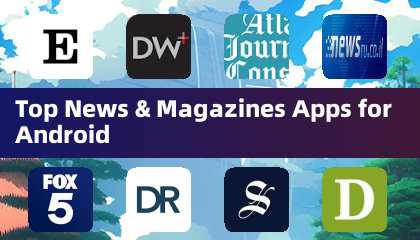
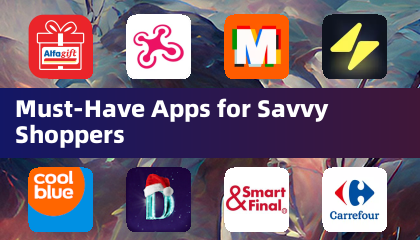
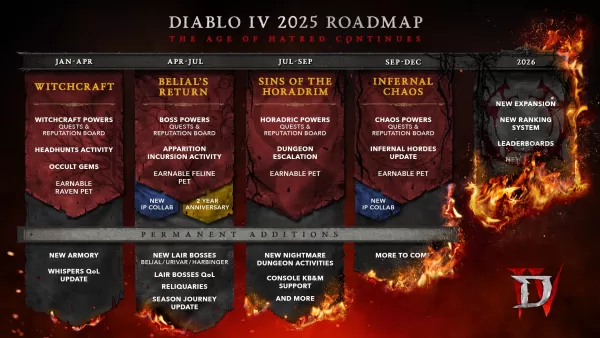

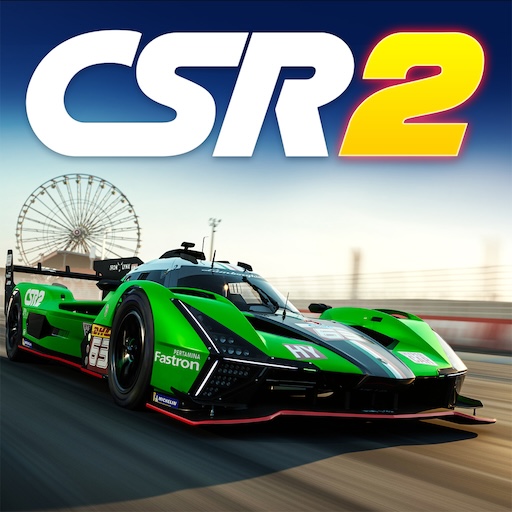
![Taffy Tales [v1.07.3a]](https://imgs.xfsxw.com/uploads/32/1719554710667e529623764.jpg)
